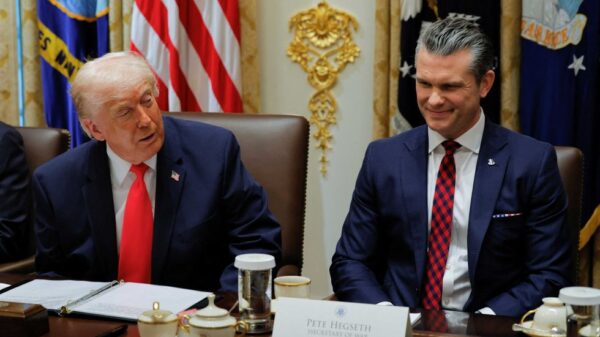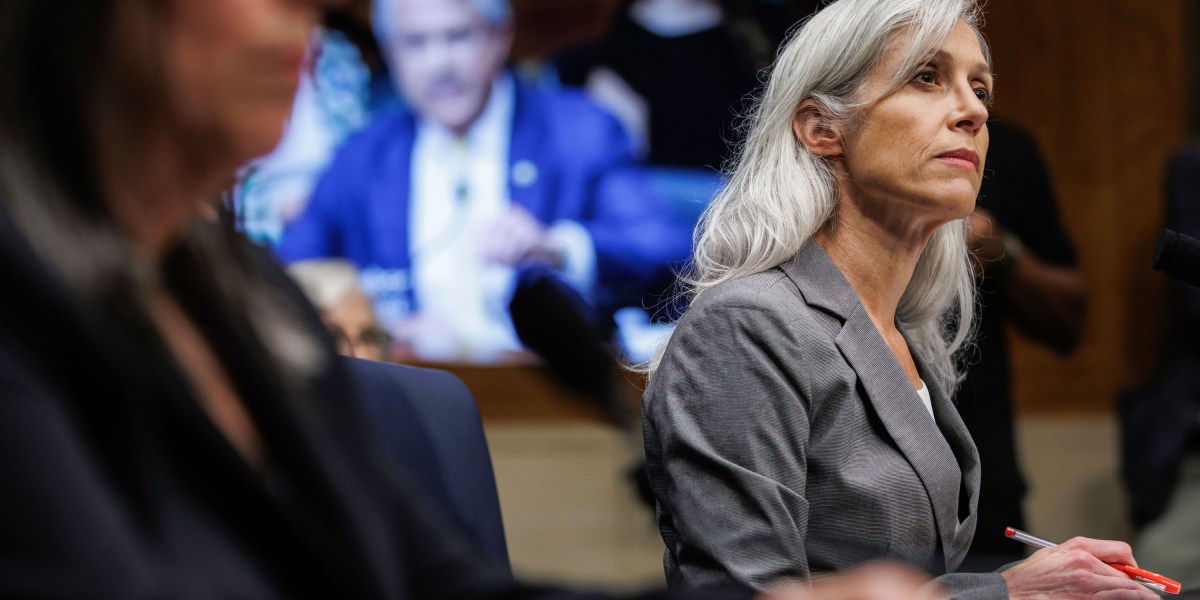A recent Senate hearing has raised significant concerns regarding the vaccine guidance issued by the Centers for Disease Control and Prevention (CDC). Two former leaders of the agency expressed alarm over the current direction of its policies, suggesting that CDC employees are being encouraged to disregard scientific evidence. Such claims depict an agency in turmoil, potentially jeopardizing the health and safety of the public it serves.
During the hearing, the former officials highlighted their reasons for departing from the CDC. They articulated a troubling environment where adherence to scientific data is being overshadowed by political pressures. This testimony comes amidst a pivotal week for the CDC, marked by a panel of advisers voting to stop recommending the MMRV vaccine for children under four years old.
The decision to halt recommendations for this combined vaccine arises from ongoing debates about its safety and efficacy. The CDC’s advisers are expected to vote on other vaccines, including those for hepatitis B in newborns, in the coming days. These developments suggest a significant shift in the agency’s approach to childhood vaccinations, a cornerstone of public health policy in the United States.
The implications of these decisions extend beyond health policy. The former CDC leaders warn that the agency’s current trajectory could undermine years of progress in vaccination efforts. They emphasize that public trust in vaccines is critical, and any perceived inconsistency in recommendations can lead to increased vaccine hesitancy among parents.
In a related context, Jim O’Neill, the current acting director of the CDC, is under scrutiny for his leadership during this turbulent period. His previous roles in health policy have drawn attention as stakeholders evaluate how the agency navigates these challenges. Meanwhile, the CDC’s decisions are drawing increased scrutiny not only from lawmakers but also from public health advocates who stress the importance of maintaining a science-based approach.
As the situation unfolds, it highlights the ongoing complexities surrounding vaccine policy in the United States. The tension between scientific guidance and political influence is at the forefront of discussions, with the potential to reshape public health initiatives significantly.
In a broader reflection on technology and health, the week also saw recognition for Sneha Goenka, who was honored as MIT Technology Review’s Innovator of the Year for 2025. Her contributions to whole-genome sequencing technology, which can diagnose genetic conditions in under eight hours, underscore the potential for innovation in transforming medical care.
While the CDC grapples with its internal challenges, the public health narrative continues to evolve. Stakeholders are watching closely as the agency navigates these critical discussions, aiming to balance effective health policies with the need for public confidence in vaccination programs.
As the CDC prepares to release further guidance, the outcome of these deliberations may have lasting effects on vaccination practices and public health strategies across the nation.






































































